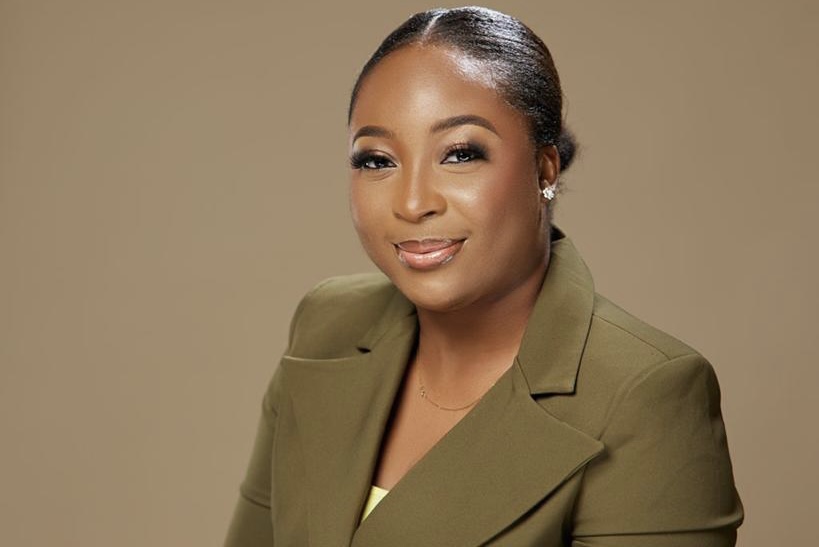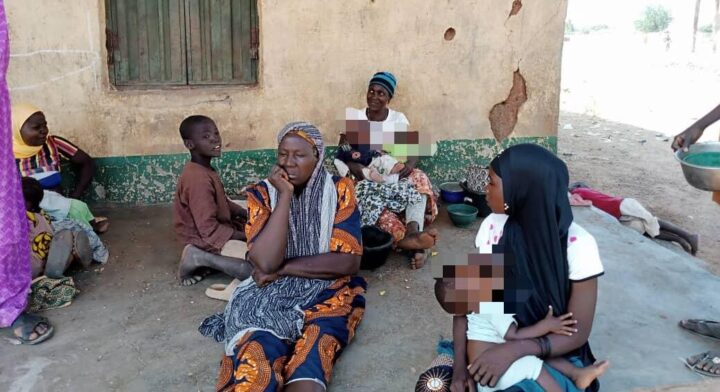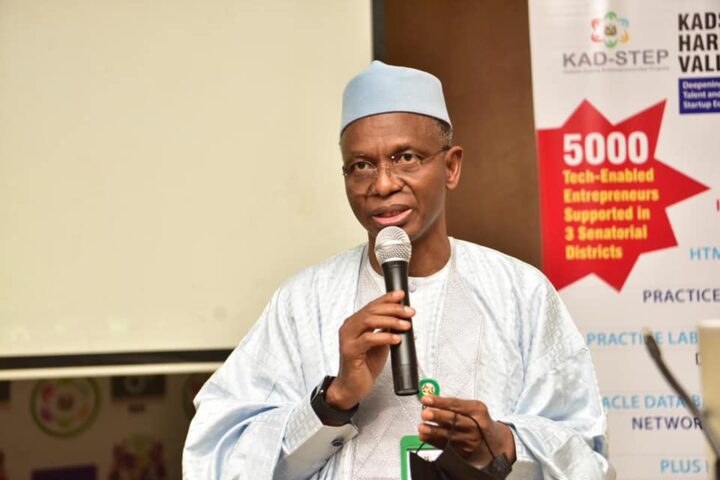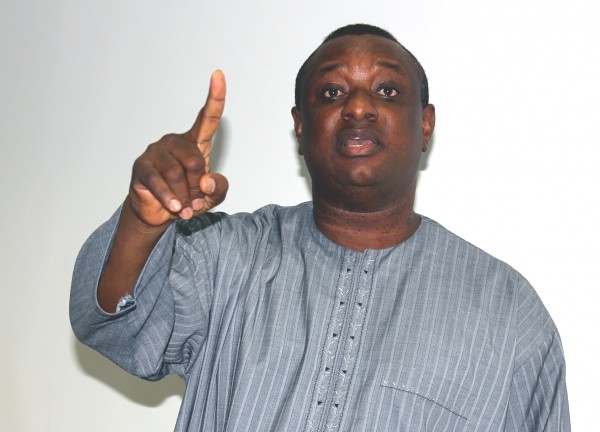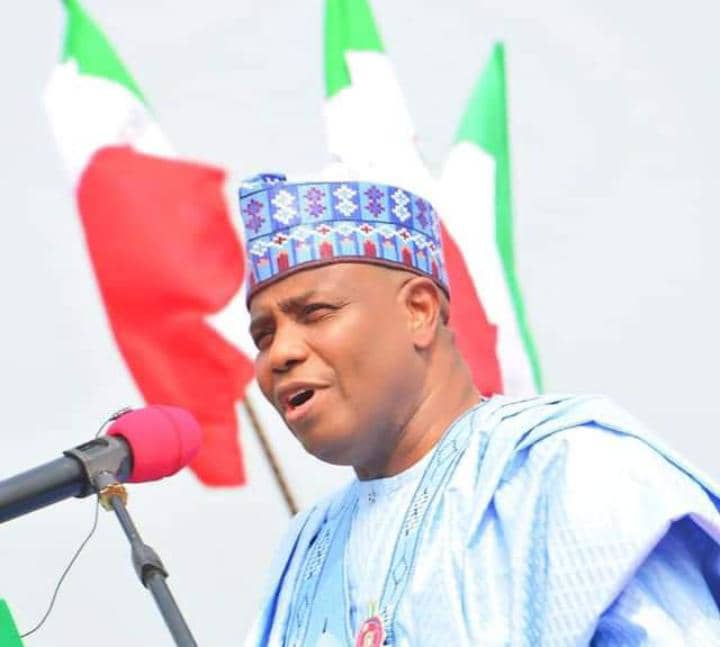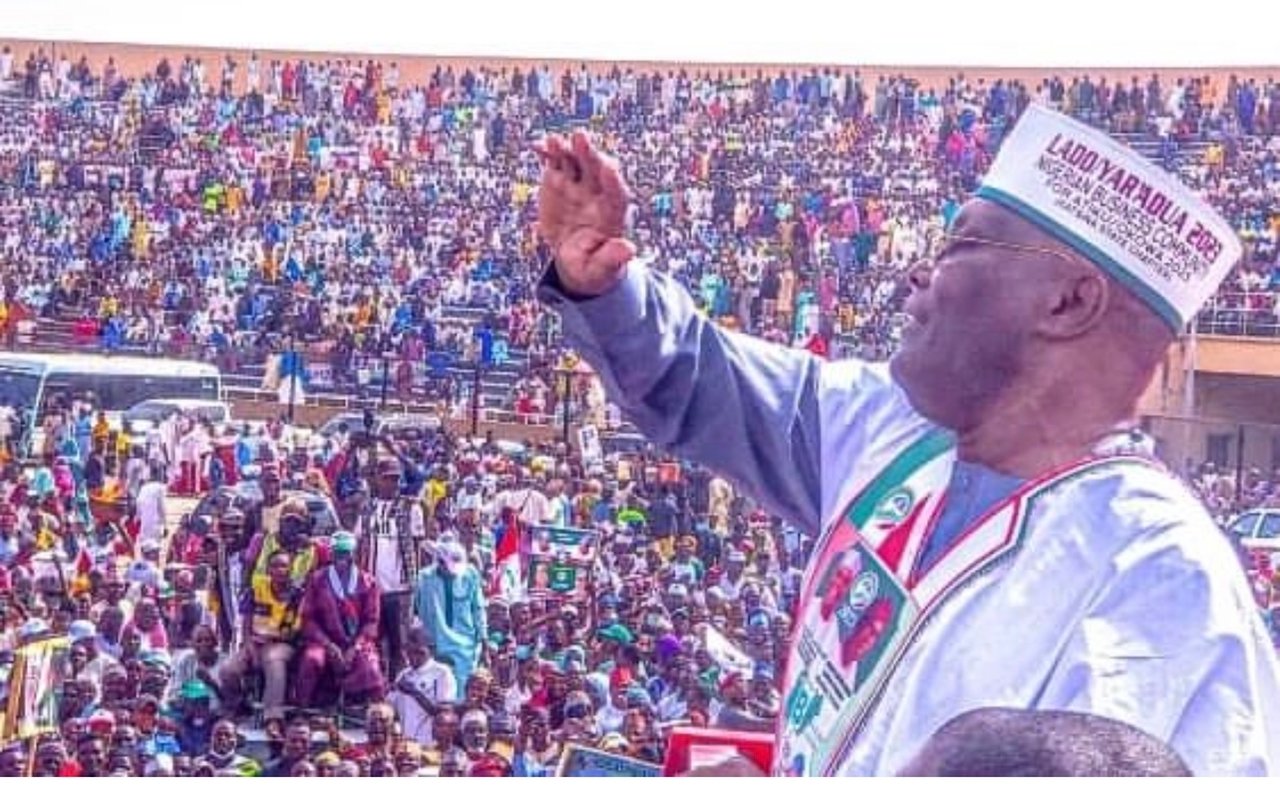In February 2022, Juliet Isi Ikhayere contested for the post of a councilor under the African Democratic Congress (ADC) party for Kubwa ward, Bwari area council of the FCT, Abuja. She is currently the ADC candidate for the house of representatives for the AMAC/BWARI constituency, Abuja. Her interests revolve around advocacy, politics, corporate practice, youths, women, and children.
In this interview with TheCable’s MARYAM ABDULLAHI, she talked about how people’s focus on money affects legislative roles, how she prepared herself ahead for leadership positions, and how young girls pursuing a career in politics can best settle into the terrain.
TheCable: Aside from politics, what else are you known for?
Ikhayere: I am a legal practitioner, a linguist, and a farmer who doubles as a philanthropist. Aside from politics, I have a non-governmental organisation (NGO) where I usually go to schools to talk to children about civic education. I realised that there was an in-depth lack of values in the system, which had actually got us to where we are today.
Advertisement
TheCable: Can you talk about some of the challenges you encountered before you started a career in politics?
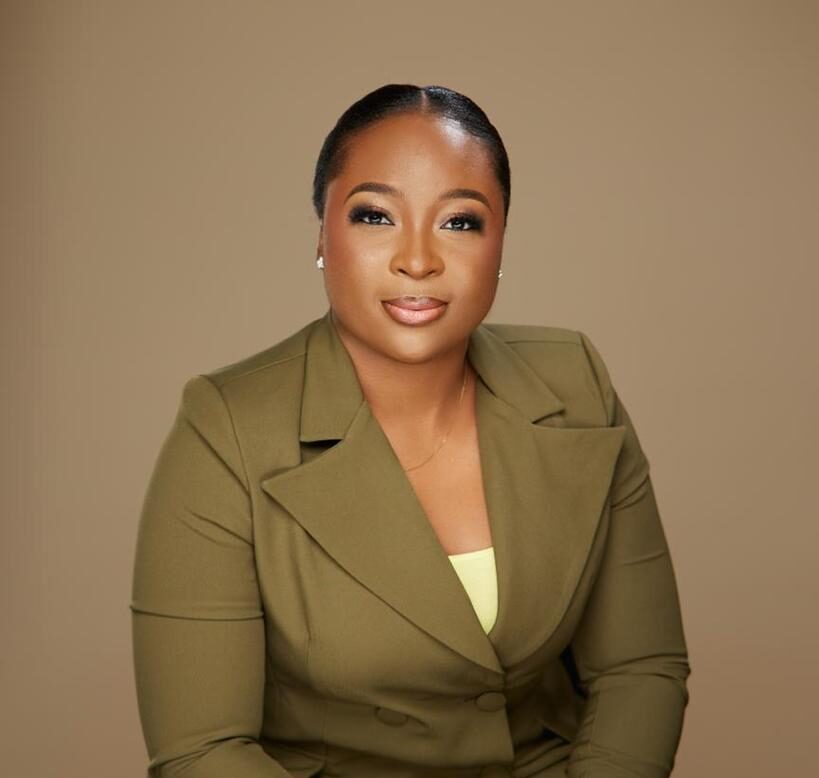
Ikhayere: Life has been a blessing. In fact, we have travelled wide. What I mean by wide because after studying linguistics, I went back to study law. So, most of the challenges would be when I was an undergraduate at the university. I was actually doing a business, a jewelry business just to have a sense of responsibility; it was not out of lack. We had the necessary things.
Advertisement
So, those interactions I had many years ago from the age of 16, becoming an entrepreneur of the year at the University of Benin back then, I knew I was actually building my social interactions with people, my social capital. People now know me for something. So, for me, those challenges are just the hassle of business but we were able to surmount them.
Now, back to my service in Kaduna, meeting people from diverse places, being a platoon leader, you have to meet up with the responsibilities of what people want. Then, when I went back to study law, I became the moot court director, a law clinic director, and then an assistant secretary general, and at NBA, I became the financial secretary of the young lawyers’ forum. It’s been a journey since 2009. That was when I got into the university. Now, it is 13 years plus.
I ran for councilorship last year. It was a herculean process. I think all through the race, I discovered four things. People were tying elections to finance, they tend to bill you which makes campaigns expensive. Even when you are not supposed to spend much, the mindset of the people is that it is about money. You get to see people who are entitled that you pay their children’s school fees and give them money. The second challenge is the lack of education.
A lot of people do not know what various offices are expected to do. They just feel all politicians are the same. They don’t even enquire about what they want to bring to the table and that is why the youths have stepped up. This is affecting legislative roles in Nigeria and that is why much light is not shone on those running for parliamentary positions. They just rest on the executives, which is a wrong mindset.
Advertisement
Third, stereotype, which I think is more propagated by women especially. You talk to women’s associations as a young lady and they ask if you are married and why you are involved in politics, not understanding that they themselves have already been mortgaged which is not anyone’s fault. They will ask what is giving you the guts to contest for a position and not their kids, and they will be like you are not rich enough to provide for their needs. Then you begin to ask, are women truly marginalised? My answer is no, they are not. I just feel we have not had a common ground to push for women with competence to represent us.
The stereotypes could come from men too. Like here in the FCT, I discovered that women are not actually given the opportunity to stand in a position of leadership.
TheCable: Finance is said to be one of the issues limiting women’s participation in politics. What is your recommendation on how young women can overcome this challenge in the political terrain?
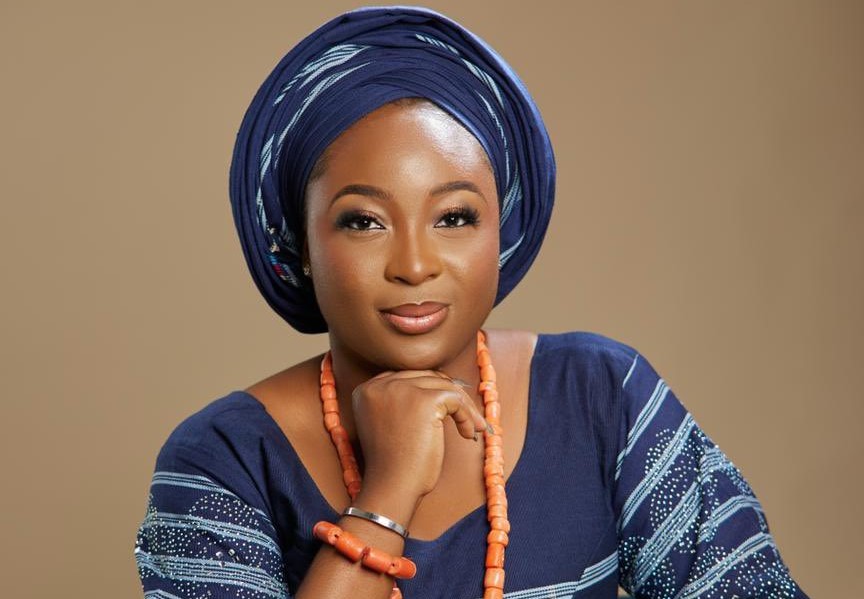
Ikhayere: For younger women, we have not been able to have a conversation, to come together and push for female candidacy. That is my plan when we get there, we will strengthen their voices and show them how to run a campaign.
Advertisement
The structures, the party not having a formidable team to push its candidate. We all know this at home and abroad. A candidate cannot function alone except with the structure which is from the ward level, local government, and the state.
TheCable: Did you ever face a difficult situation that made you want to step down at any point?
Advertisement
Ikhayere: Daily, when you hear the reactions of people, their expectations. For example, I was talking to a group of youth, so energetic, full of life, and educated and you introduce yourself, I told them to search for me on Google, I told them I am somebody who is out there and said please, kindly support us, youth for youth. You give a pitch in one minute and you are quick to capture everything and when you are done, the person tells you, “if you no give me money, I no do”.
I just feel like oh, God! Is this really worth it? Because each and every day, I look at it as a sacrifice and at the same time, I look at it as a foundation for me. When I say foundation, I am building myself because the idea is that we do not want to be here come five years or ten years.
Advertisement
So, when you hear such comments, you are deflated.
All these things, when you look at them and ask why? The people you came out for, how do I bounce back, remembering how far God has brought us? For me, I tap into my spiritual strength and it has been everything through God. Then I look at the family support and even strangers. An example is you. I don’t know you before but you now, as a young woman, call me to ask me questions that make me more intellectual and give me a ray of hope. Young men and women looking at you with awe, and wanting to be like you, are some of the motivations that keep us going.
Advertisement
TheCable: Issues like electoral violence and harassment are said to prevent some women from participating in voting exercises, how do we make women feel safe to come out and vote?
Ikhayere: It starts from the home because I tell people every unit form part of the bigger picture. We are told that the family is the smallest unit. First of all, the conversations parents have with children matter.
So, when they come out during the election, the youth now serve as protectors and even women can protect women. There will now be a sense of safety around people, around you and you feel safe in your community.
So, conversations like that can drive it. Security personnel also have a huge role to play because when you find out that they do not have discipline towards the profession they practice, it also makes people scared that when something is happening, or when somebody is trying to harass them, they turn a blind eye. So, they also have their role to play.
The family has a role to play. As people, as a country, we need to have a sense of ethics and values and know that voting is a civil right where each and everyone has to engage peacefully, respecting each other’s opinion. You must not fight about it.
We need to actually form a close-knit system and embrace the values of what voting means to us as a nation. It should not be about fighting or snatching ballot boxes.
So, those things will actually make women feel safe.
Now, you say these women are not coming out, but how come people who have won elections over the years say women play a vital role in their winning? So, that means women vote and it is not like there is no violence against them but the thing is that we still have dogged women coming out.
TheCable: According to the National Bureau of Statistics (NBS), Nigeria has over 100 people who are multidimensionally poor. Women are said to constitute about 60 percent of poor people. Considering this, do you believe women are more vulnerable to selling their votes during elections than men?
Ikhayere: Nigeria is where it is today because of the high rate of illiteracy. It has made people lose their sense of dignity. I went to Durumi camp in July last year, and you see, even with so much little or nothing, women were having kids, not one, not two, not three, ones that they cannot even take care of. And you ask, in the midst of all this, you still have the ability to give birth to more? So, what are you trying to turn these kids into?
We can have a system that will now absorb these people into different forms of lifestyles, taking children to school. For women, we can have business skills like sewing clothes, exhibitions, and trade fairs, they have already made accommodations for them to some extent and basic amenities need to be provided for people.
So, when we start having conversations like this, I am sure that they will not be able to accept anything. We need to have right-thinking members of society championing their cause and even getting them on birth control to actually start thinking about these things. It is not helping them or anyone else too.
Nobody is justifying their reasons for doing that but it is because of where they are coming from. They don’t care who the candidate is. They just collect what they want to collect and we can’t blame them. All their mind tells them is “you go there and collect your own”.
TheCable: Why are you contesting for a seat in the house of representatives?
Ikhayere: What motivated me is the lapses, the lacuna. Everything that I have talked about that is wrong in the system. My dream is to be an advocate and help people to converse intelligently their ideas through my voice and my work.
When politics came, it was more like a platform to amplify that desire, that burning desire to leave an indelible mark in the lives of people, trying to shape thoughts and ideas. So now, what better way to do that, as a lawyer, as an advocate, and now running for the house of representatives?
What other way other than this kind of decent politics? Because I am not playing the old order of politics, this is the new politics that I want more people to join us. I keep saying it’s a lonely path. Understanding that there is no godfather or godmother and we are not even begging for it. But if we have decent people above me, it would have been much easier.
I also want to be such kind of person when my generation is looking for women to say, oh, can you help amplify this person’s thoughts? They will find me there. I will not be at the back just wishing and hoping. When stories are written, people will be able to say this is what Juliet stood for. So, politics just brought a better platform. It motivated me because of everything I have always had in my head to do for humanity.
TheCable: How will you describe the journey so far?
Ikhayere: Tough, challenging, and inspiring. I like it when something gets a bit tough and then help comes. I like the challenging part because God always finds a way to diffuse the tension when you are at crossroads and you see help, people listening to you and you see acceptance. I love all the energies I get. It inspires me to keep going.
Add a comment
